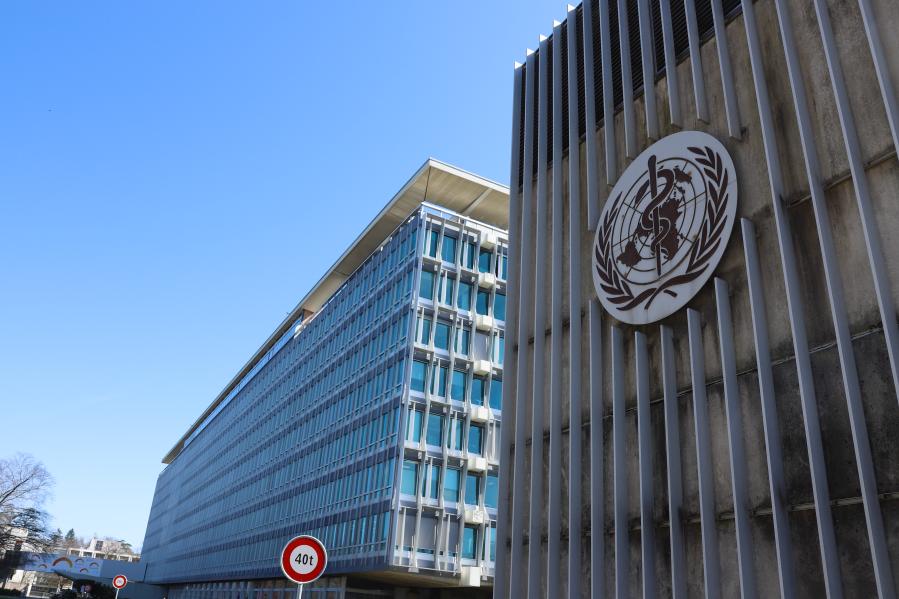By Benyamin Poghosyan
The outbreak of COVID-19 has inflicted enormous pressure on all countries. The human suffering, loss of life, steep economic decline, and psychological trauma are not a complete list of issues faced by humanity. Every country faced the same problems, but each responded differently, based on its capacities, economic development and the efficiency of state apparatus.
China countered the disease at the end of 2019. At the beginning of 2020, many foreign experts spoke about the tremendous problems faced by China and expressed doubts about its ability to overcome the implications of the pandemic. However, China soon stabilized the situation, while the developed countries of the West started to embrace the chaos and failures of their health systems.
According to the U.S. Centers for Disease Control and Prevention (CDC), the first COVID-19 case confirmed in the U.S. was on January 21, 2020. Then the shocking fact was revealed that the most influential and wealthiest country in the world could not provide essential health services to its citizens.
COVID-19 also revealed the widening racial and social gap in the U.S., as a significant portion of victims were Black and Hispanic people whose earnings were below the poverty line.
COVID-19 appeared in a fractured world, which was in the midst of the global order transformation from the "unipolar moment" marked by the absolute hegemony of the U.S. into the multipolar system. The "unipolar moment" started in parallel with the decline and eventual collapse of the Soviet Union. In the 1990s and 2000s, the U.S. enjoyed unparalleled strength.
It had all chances to use this period to promote equal and sustainable development for humanity but instead chose to push forward its narrow interests, breaking international rules and norms and sidelining the United Nations.
The 1999 aggression against Serbia and the 2003 invasion of Iraq were egregious examples of American hubris. However, the 2008 world financial crisis marked the beginning of the end of the U.S. hegemony. The relative decline of the U.S. and the rise of other players, most notably China, Russia, India, Brazil, and others, triggered the transformation of the global order.
In this changing dynamic of international relations, the main concern for the U.S. was the rise of China. Since the early 2010s, the U.S. has focused its attention on the containment of China.
The Obama administration launched its "Pivot to Asia" policy in 2011 with a key objective to prevent the further growth of China. Later, the Trump administration developed this policy, embracing the notion of "the return of the great power competition." It was the main topic of the 2017 U.S. National Security Strategy to stop the Chinese economic growth by launching a trade war against China.
Amid the complicated process of the transformation of the world order and the U.S. efforts to cling to its hegemonic position, the apparent failures of the U.S. in its fight against the pandemic, in parallel with the successes of China, were a heavy blow to the American political establishment.

Photo taken on March 30, 2021 shows an exterior view of the headquarters of the World Health Organization (WHO) in Geneva, Switzerland. [Photo by Chen Junxia/Xinhua]
In this context, the U.S. decided to use COVID-19 as another tool in its fight against China. In April-May 2020, former U.S. President Donald Trump started to speak about the "China virus," or "Wuhan virus," seeking to tarnish China's image and shift the focus of resentment of ordinary Americans from their government to China.
Trump sought to trigger a global anti-China movement, viewing it as an integral part of U.S. efforts to create a new alliance against China. He also attempted to use these tactics to shift the blame from himself and secure his re-election.
However, the new U.S. administration led by President Joe Biden continued the anti-China policy. In the "Interim National Security Strategic Guidance" published in March 2021, the Biden administration marked China as a primary U.S. adversary. Biden continued the Trump era policy to exploit COVID-19 to contain China and ordered a new investigation into the "lab leak" theory.
The U.S. is determined to use every possible means to contain China and to keep its hegemonic position. Coronavirus origins tracing is another tool for the U.S.'s anti-China policy and has nothing to do with science or concerns about global public health.
The author is the chairman of the Center for Political and Economic Strategic Studies in Armenia.

 中文
中文



